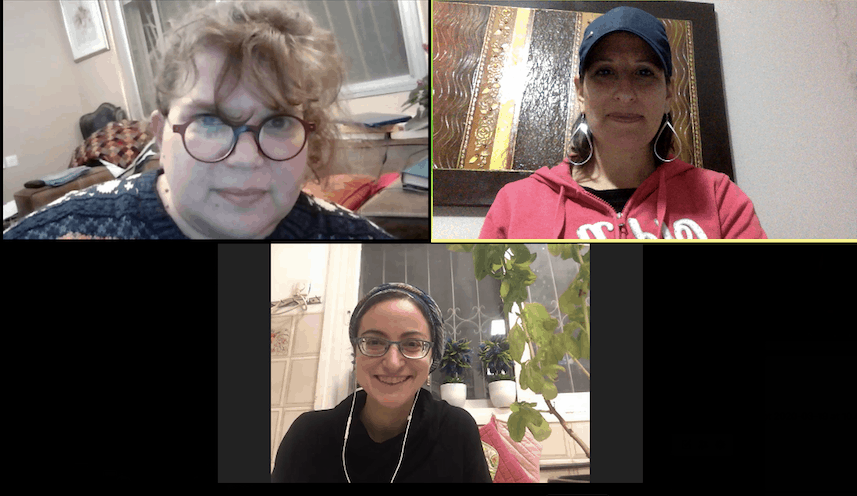Readers of this paper will be aware of the firestorm surrounding the Domestic Abuse Act’s recent amendment that was sp ecifically crafted to help agunot — and the full-throated objection of the rabbinic courts.
The Federation Beth Din warned that if an aguna used the law without its express permission, it would result in the court being “unable” to issue a get.
In their letters, the Federation and London Batei Din claim to do their utmost to help women awaiting their freedom. Yet a recent JC report catalogued the despair and even suicidal thoughts of multiple women, and one man, who felt disregarded.
Perhaps this is not shocking, given that Rav Zimmerman of the Federation recently appeared on a podcast in which he called the JC a “tabloid newspaper that is anti-religious”. It seems they feel justified in dismissing the women and man who turned to the JC to have their stories told.
Having personally heard from women who have been through these Batei Din and who speak of being extorted for huge sums of money — giving up homes and even custody of their children in exchange for freedom — I can assure readers that their testimonies are not lies. Women have been left waiting decades for a get, even as their husbands have remarried and started second families.
Let’s be clear. The only reason this law was enacted is that the Batei Din do not use the power they already have to order men to give a get. Nor do they use their full abilities to enact communal pressure. Zimmerman claimed that refusers are split evenly down the gender line, even stating the well-refuted Israeli rabbinate claim that more women refuse than men. What he does not acknowledge is that for a person to be considered a refuser, the Beth Din must declare them one. Meaning that a woman can be waiting years, but if the Beth Din doesn’t order the man to give the get, she is not considered an aguna and he is not considered a refuser.
This matters — and is exactly why the UK Parliament needed to step in to save Jewish women.
The Batei Din claim that the law would make a get coerced, and thus invalid. But the law can’t force a get. At most, it can exact a price for making another person suffer. The concept of exacting a price for get refusal is not new, nor is it against halacha (as acknowledged in the Batei Din’s letter). When the community was smaller, excommunication, refusal of honours, shaming and even violence were used to persuade a get refuser to free his wife.
Today there are virtually no consequences. Men can move communities, remarry civilly and build new families, all while chaining their first wives. And this still this depends on the courts doing their job and calling a refuser a refuser. When they don’t, a man holds full standing in his community, regardless of his actions towards his wife. A woman cannot move on, lest she be labelled an adultress and her children illegitimate. Across the Jewish world, thousands of women are trapped in non-existent marriages, their freedom curtailed and their child bearing years passing them by.
This law has the potential to change reality for women in the UK. It could make get refusal painful, forcing the abuser to reconsider whether he wants to continue at all costs.
At the end of the day, nothing can deter someone who truly wants to cause someone else to suffer. Proof of this is the men in Israel who have been in jail for decades, choosing incarceration over obeying the Beth Din’s order to free their wives.
A get given because a man chooses what price he does or does not want to pay is not a “coerced” get. It is a valid and reasoned choice. People deserve the ability to prosecute their abusers. Removing that from them is a shocking violation of their civil — and religious — rights.
The communal upheaval over their position has shown the Batei Din that the community does not see them as allies, but rather as impediments to achieving justice and freeing Jewish women.
This is a tipping-point moment for the British Batei Din. They can choose to work with parliamentarians and advocates to be on the side of justice, or they can continue to be on the side of abusers.
Statements promising efforts to work together are not enough.
It is time to listen to experts and the women who are affected. It is time to act with humility and for justice. No longer must we stand by while our sisters’ blood is spilt.
Originally published in The Jewish Chronicle







